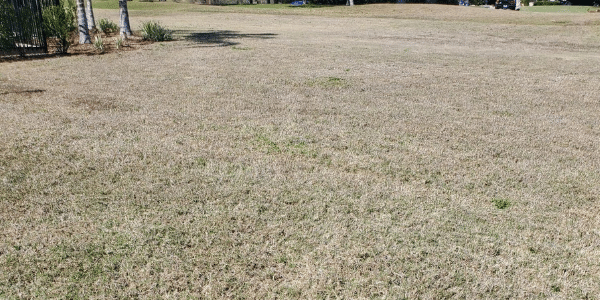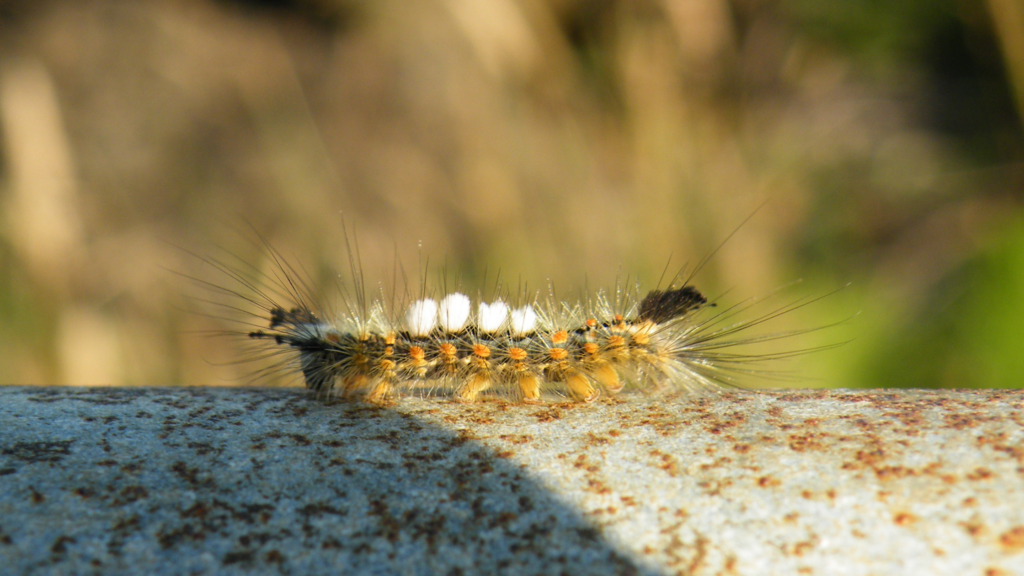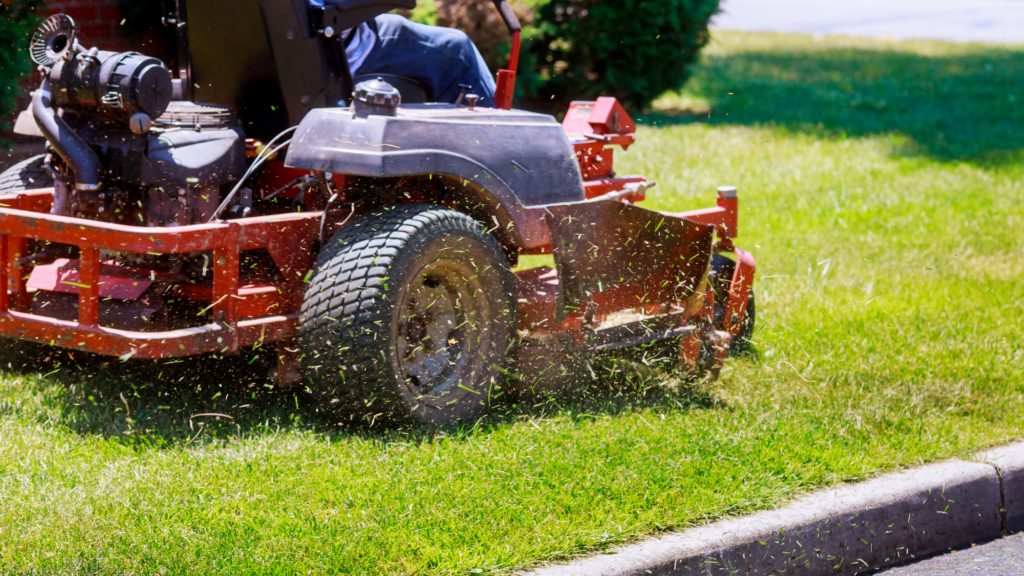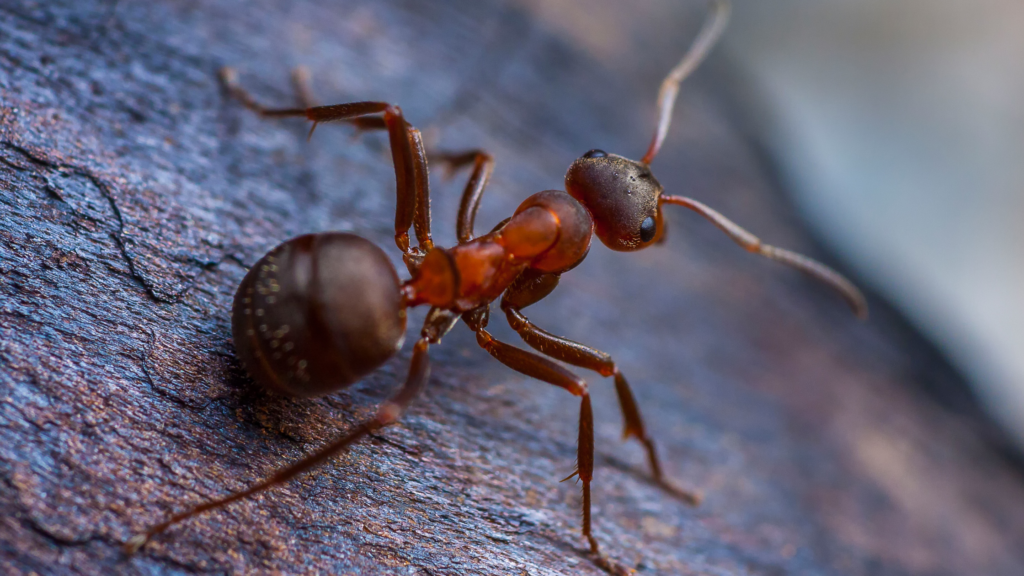COMMON LAWN QUESTIONS THIS TIME OF YEAR
Florida may have milder winters compared to other parts of the country, but that doesn’t mean we can avoid lawn dormancy. It’s an unfortunate truth for all of us here in the sunshine state, though the timing can vary depending on which part of the state you live in. We never want our clients to feel unnecessary stress if we can help it, which is why we’re addressing the most frequently asked lawn questions this time of year.
WHY IS MY LAWN BROWN?
Great question! First and foremost, brown grass does not necessarily mean dead grass. During the cooler months, your lawn will enter what is called dormancy.
While dormancy does not necessarily occur the same way every year, during the colder winter months, you will notice your grass browning. This could happen to varying degrees depending on the severity of the cold and timing of freezes.
As we have seen this winter, colder temperatures were a bit late to arrive, resulting in some minor oscillation between brown and green colored turfgrass for some of us in the Jacksonville area. This does not mean that the grass is dead. The grass is essentially going into hibernation when it turns brown. Similarly, for those in other parts of the state, there could have been some strange browning and greening patterns this year with the odd temperatures.
WHY IS MY GRASS STILL BROWN WHEN IT’S NICE OUTSIDE?
It is imperative to focus on the soil temperature and not the outside “feels-like” temperature. We might think that if the weather is 80 degrees, our grass should be growing. This is not the case. If the soil temperature is below 55 degrees, the grass will not come out of dormancy.
In Jacksonville, much of the grass is still firmly planted in the dormancy stage. Other parts of Florida, specifically more southern areas of the state, will likely emerge from the dormancy stage earlier than in north Florida.
WHY DOES FERTILIZER APPLICATION BEGIN SOONER IN THE SOUTH AND LATER IN THE NORTH?
This all comes down to the temperatures experienced in each region. The vast majority of the time, central and southern Florida experience the onset of spring a bit earlier than in north Florida. Because of this, the soil temperatures in central and south Florida will rise to an acceptable level for fertilizer application earlier than in north Florida. We know that every lawn is different, which is why we tailor each plan to the specific yard and location.
NORTH FLORIDA:
WHY DOES FERTILIZER APPLICATION BEGIN IN MARCH AND NOT FEBRUARY?
February is approaching fast. This is the time of year when some begin to fertilize their lawns to expedite the greening of the turf. Turner Pest Control’s granular fertilizer program begins in March and ends in April, as compared to a regiment lasting from February to March.
The risk of putting fertilizer out too early is that a freeze following application would render the fertilizer useless. The grass would not green up as intended. There is also potential for serious long-term damage to your lawn if granular fertilizer is applied too soon, encouraging aggressive growth only to be refrozen, effectively frying your turfgrass.
Our goal is to ensure the long-term health and vitality of our clients’ lawns. While this might mean your lawn could green up a couple of weeks later than those who take the risk of premature application, we strongly believe in doing the service the right way the first time.
CENTRAL + SOUTH FLORIDA:
WHY DOES FERTILIZER APPLICATION BEGIN IN FEBRUARY?
Luckily for those of our clients who live in central or south Florida, spring comes earlier there than it does for everyone else. We base our fertilizer application off the soil temperature and not the outside, “feels-like” temperatures; however, the earlier warming in these regions also applies to the soil temperatures. This means that February is the opportune time to apply fertilizer in warmer parts of the state.
MORE QUESTIONS?
Please call us at (904) 355-5300 with any questions or concerns you may have. Our team is more than happy to help you.




